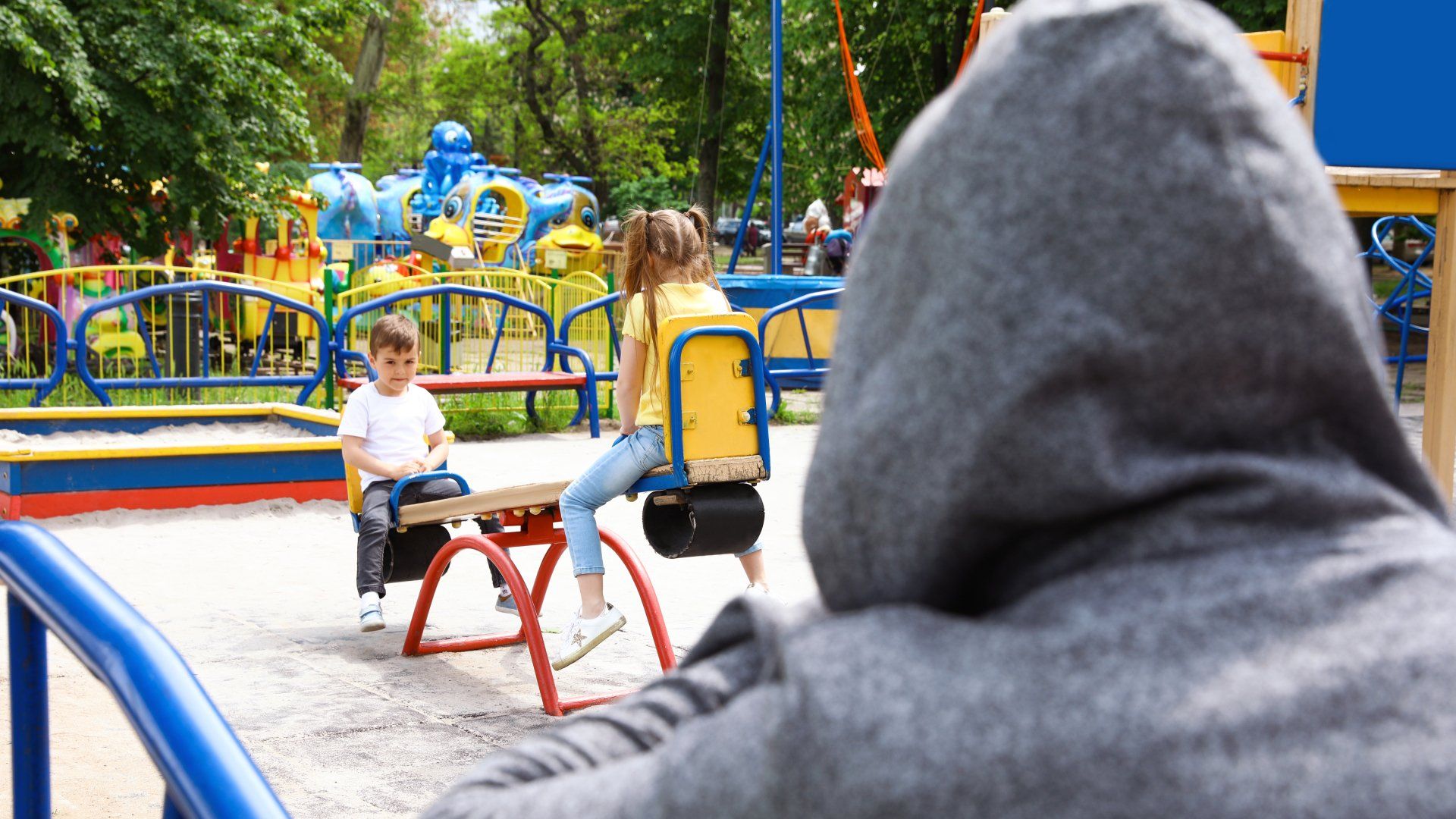Martial Arts Does Not Help Against Crime
Sep 17, 2025
Victims of crime often feel helpless and alone. They may search for any possible way to protect themselves in the future. Some may even turn to martial arts thinking it will give them an edge if they are ever attacked again. Unfortunately, evidence does not support this idea.
There have been multiple studies conducted on this topic with little to no support for the idea that martial arts training prevents or stops crime. In fact, in a study published by the University of Thomas in Houston, it was found that people who had previous experience in martial arts were just as likely to be victims of crime as those who did not have any training at all.
One of the issues is that often people who do know martial arts are more confident and willing to take risks, which can lead to them becoming victims of crimes such as robbery or assault. Another problem is that when people do try to use their martial arts training during a crime, they often fail because they freeze up or because their attacker is simply too strong and experienced for them.
Every year, millions of people around the world become victims of violence. In the United States alone, there are an estimated 1.3 million victims of rape and other sexual assaults, 1.8 million victims of robbery, and nearly 2 million victims of physical assault. While these figures are alarming, there is hope. If you train in a self-protection style that focuses on awareness, threat detection and de-escalation, you will be able to escape, avoid and detect violence long before it happens. With the right training, you can learn to avoid even the most violent attacks.
So what does this all mean? It means that if you are a victim of crime, you should not put your faith into traditional martial arts training as a way to protect yourself in the future. You want to focus your time on proactive skills that will help you avoid a violent encounter altogether. It also means that you are not alone—victims of crime often turn to martial arts as a way to cope and feel empowered, but the truth is that it rarely helps in preventative measures or in actually protecting oneself.
If you or someone you know has been a victim of crime, there are plenty of other resources and support groups available to help you heal and move on. One of the best resources you can equip yourself with is education—and not just about fighting, but about real-world violence and how it unfolds.
That’s exactly what I unpack in my upcoming book, Before, During, After: The Timeline of Self-Defense. It’s a comprehensive look at personal safety that goes beyond the dojo. You’ll learn how to spot danger early, how to prepare mentally and emotionally for conflict, and how to respond smartly in the aftermath. This is the training that makes a difference—because the goal isn’t just to fight better. It’s to avoid the fight entirely.
If you're looking to train for self-protection, please reconsider your path. Look for an integrated self-protection program that focuses on training your whole being so that you can walk away from any situation—not just a physical one. Want to be the first to get the full story? Email us to get on the early access list for the book launch.
Randy
Stay connected with news and updates!
Join our mailing list to receive the latest news and updates from our team.
Don't worry, your information will not be shared.
We hate SPAM. We will never sell your information, for any reason.
